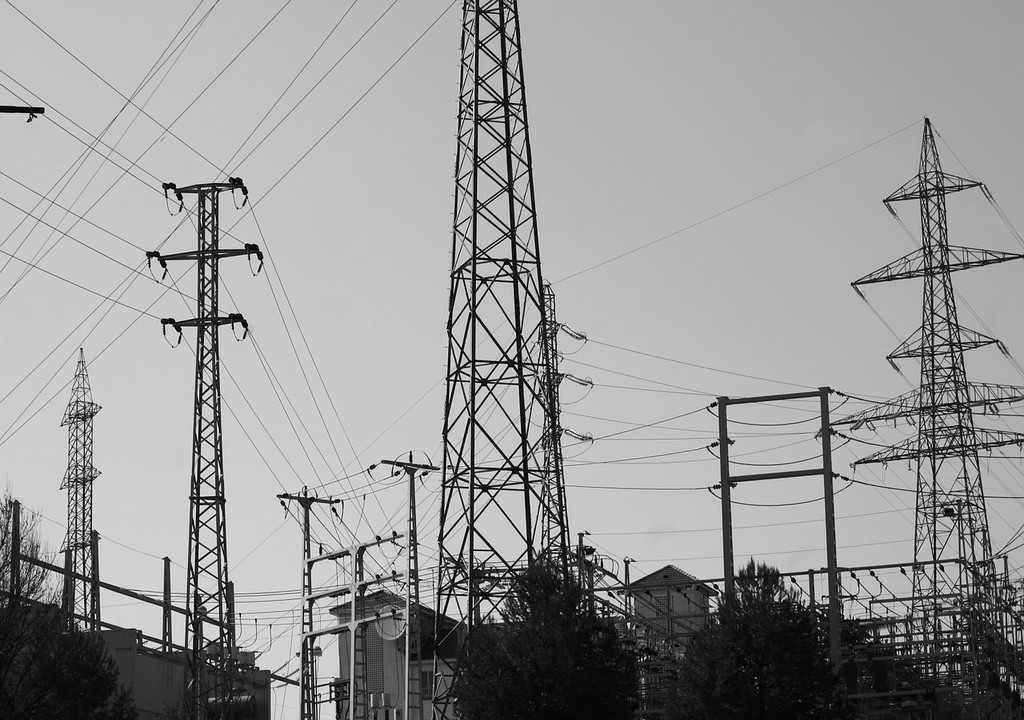Securing energy is top concern for local executives
- June 8, 2023
- 0

Ensuring reliable energy supply has been the primary concern of energy sector leaders in the country, a research from global professional services company GHD revealed.
In a Philippine Star report, the study said that 82% of C-suite officials in the Philippine energy sector consider ensuring energy supply security as their organization’s prim
On average, leaders worldwide projected that their businesses could sustain energy supply to meet regular demand for only 70 days in the event of an energy import disruption.
Meanwhile, around 71% or seven out of 10 of Philippine energy leaders expressed that their organizations are facing increased pressure from customers who are seeking to minimize their Scope 2 emissions.
Scope 2 emissions, as defined by the United States Environmental Protection Agency, are “indirect GHG emissions associated with the purchase of electricity, steam, heat or cooling.”
The research findings also indicated that 79% of respondents stated that the crisis has prompted them to increase their investments in renewable energy (RE).
Nevertheless, 76% of the country’s energy leaders identify community opposition as one of the significant obstacles in obtaining approval and initiating new energy projects.
Future Energy Leader-Asia – GHD technical director, Lucas Blight, expressed that the Philippines’ swift transition to new energy frontiers puts the country at risk of supply disruptions.
Blight emphasized the importance of integrated solutions that ensure energy security, emissions reduction, and cost-effective power generation to sustain the country’s economic growth.
The GHD study employed opinion research among senior decision-makers in the energy sector and conducted qualitative interviews with industry thought leaders.
The report found that 94% of energy leaders across the globe view the current energy crisis as the most serious their market experienced.
According to energy sector CFOs, their projected investments for the period between 2020 and 2022 fell short by an estimated $203 billion.
Three out of four energy leaders, or 74%, cited energy prices as the major factor contributing to infla
The report findings showed that 42% of the participants stated that their organization’s net-zero plans were postponed by five years due to the current energy crisis, while 47% reported a setback of six years in their net-zero targets.